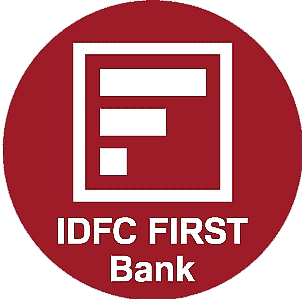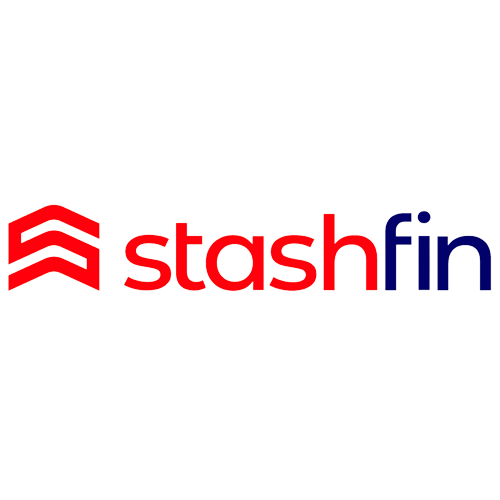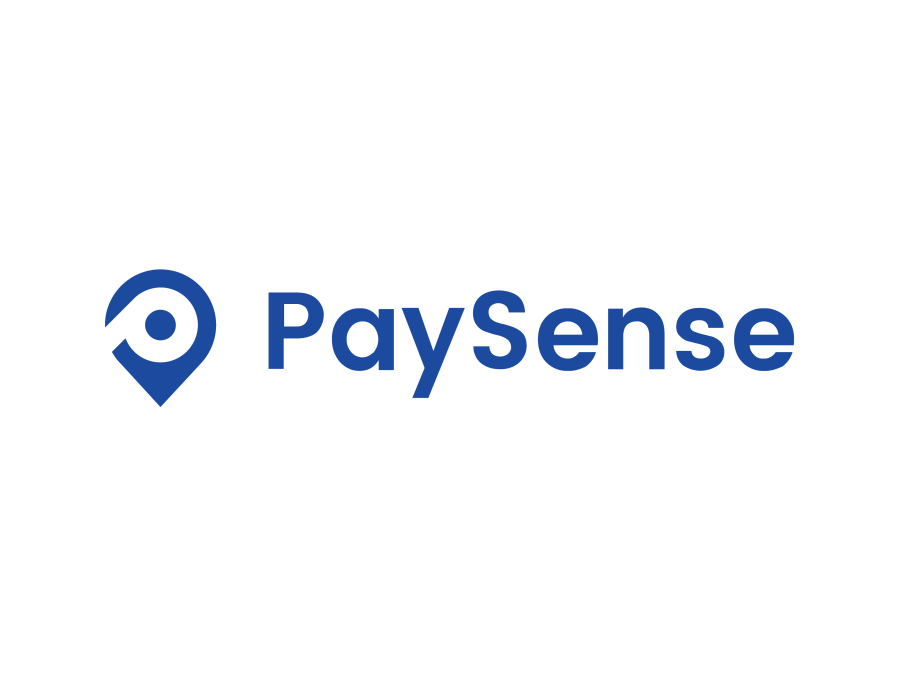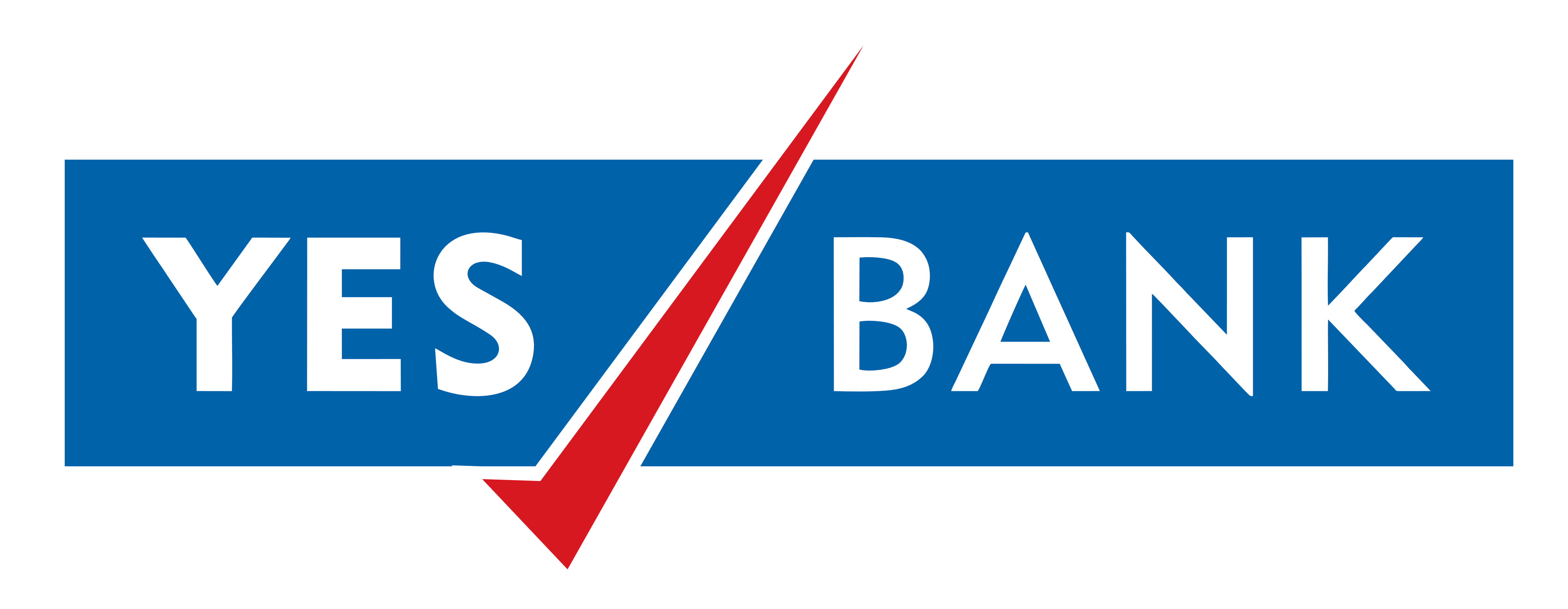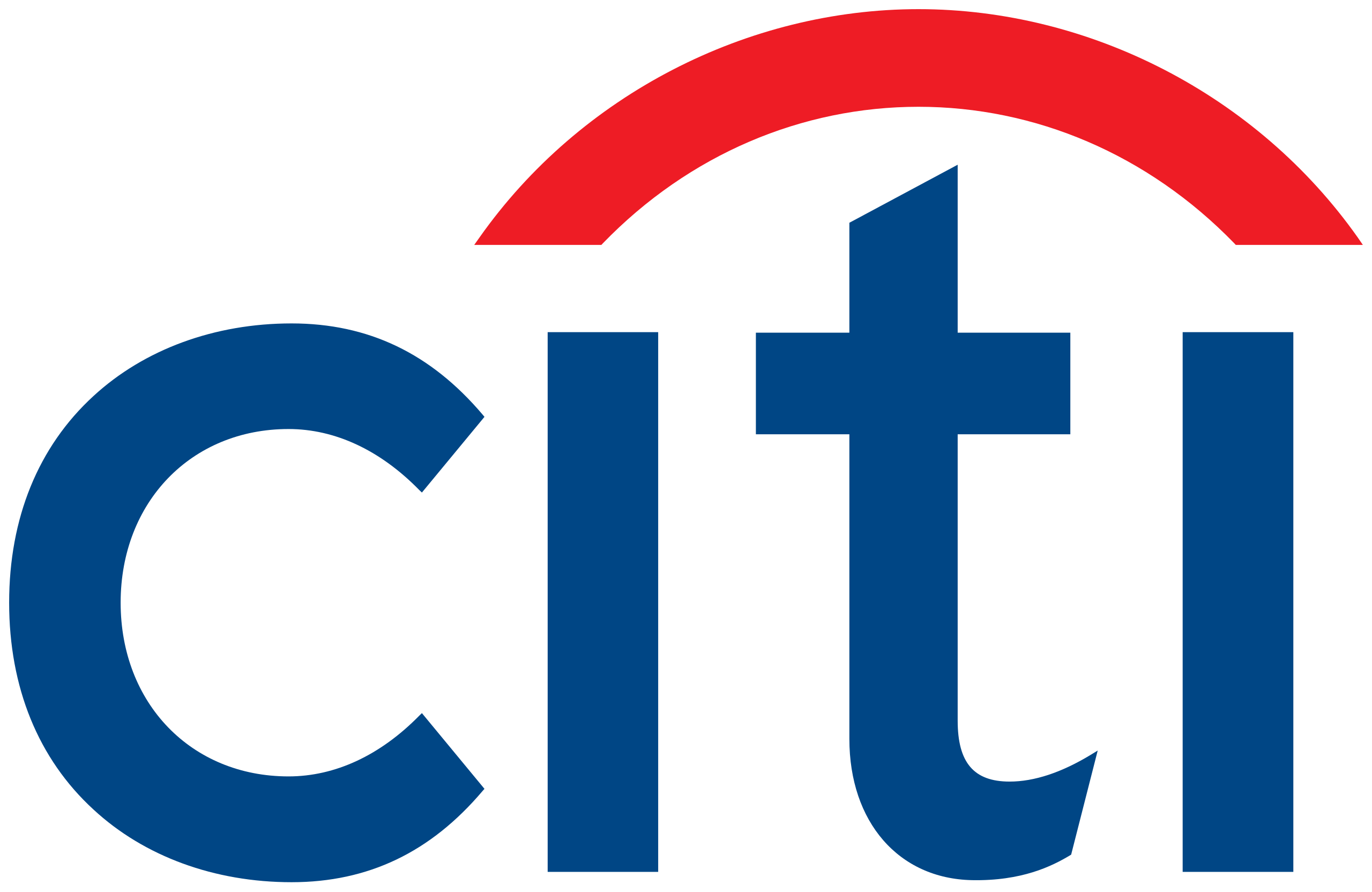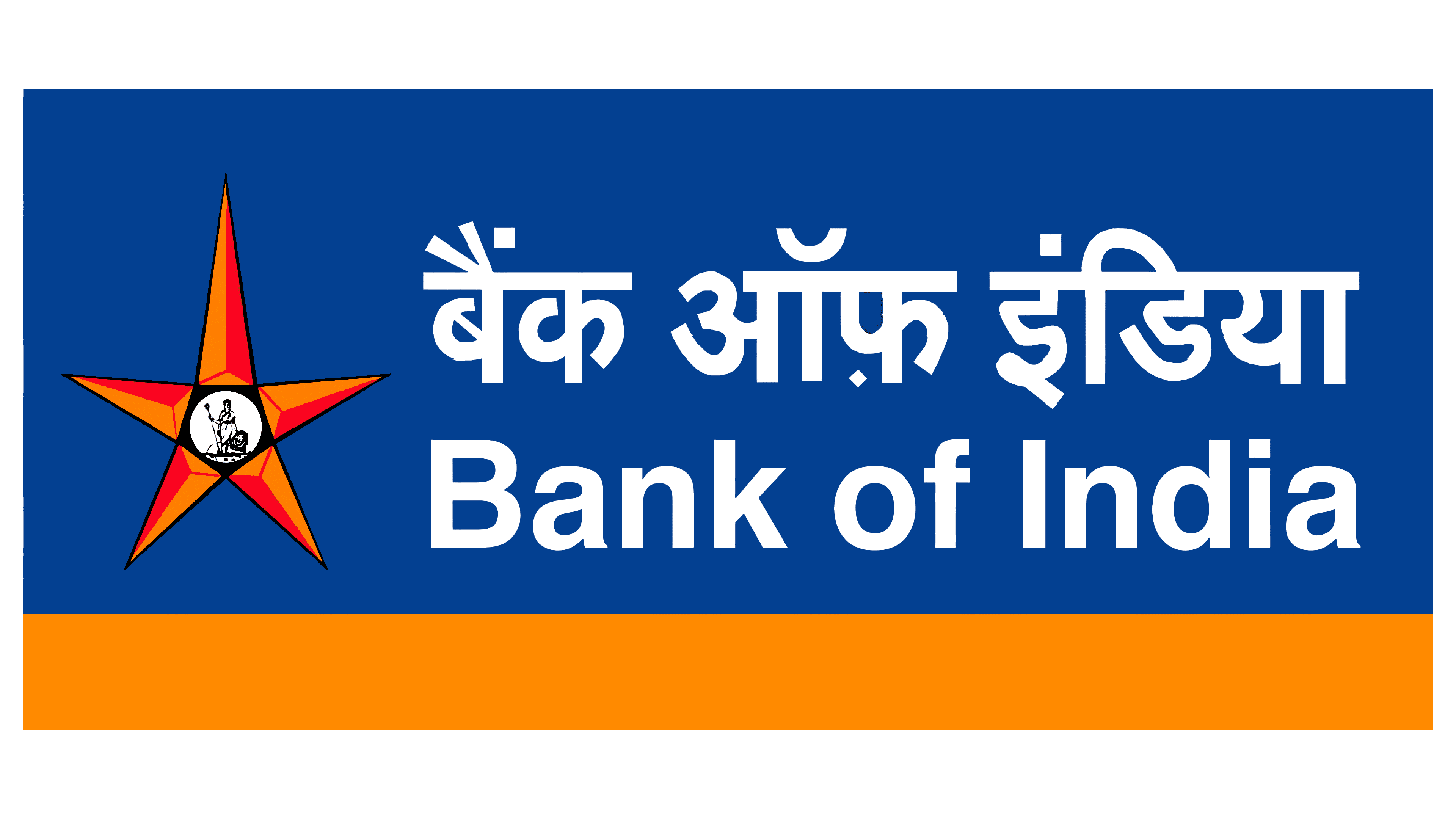Loan Against Property
Bank of India 10.75% onwards Up to 1% (Min. Rs 5,000; Max. Rs 50,000)
Bajaj Housing Finance 9.15% - 18.00% Up to 1%
Bank of Baroda 10.55% - 16.20% Up to 1% (Rs 8,500 upfront - Rs 75,000)
Bank of Maharashtra 9.85% - 11.35% 1% of loan amount
Federal Bank 9.75% 1% of the limit sanctioned with a minimum of Rs. 3,000
HDFC 9.00% - 11.90% Up to 1.50% of loan amount or Rs 4,500, whichever is higher
ICICI Bank 9.75% - 10.90% Up to 1% of loan amount
IDFC First Bank 8.40% - 15.90% (floating)
8.75% onwards (fixed) Up to 3% of loan amount
Indian Bank 9.45% - 11.35% Up to 1%
Indiabulls Housing Finance 10.10% onwards 1% onwards
Kotak Mahindra Bank 7.25% - 11.50% Up to 1%
L&T Housing Finance 9.40% onwards Up to 2%
LIC Housing Finance 9.10% - 12.25% 0.5% of loan amount
PNB Housing Finance 10.15% - 12.50% 0.75% of loan amount (Max. Rs 1 lakh)
State Bank of India 10.00% - 10.70% Flat Rs 1,000 (during festive campaign between 4th Oct 2022 to 31st Jan 2023)
Tata Capital 10.10% onwards Up to 2%
Union Bank of India 10.30% - 12.55% Up to 1 % of loan amount (Min. Rs 5,000 & Max. Rs 1 lakh)
UCO Bank 10.70% - 11.85% 0.50% of loan amount (up to Rs 2 lakh)
Minimum Age Limit - 18 years
Maximum Age Limit - 70 years
Employment Type - Salaried, Self-employed Professional and Self-employed
Non-professional
Minimum Salary - At least Rs. 12,000 per month
Net Annual Income - At least Rs. 1.5 lakh p.a.
Work Experience - At least 1 year in the current organisation
Eligible Loan Amount - Up to Rs. 25 crore
Loan to Value (LTV) Ratio - Up to 75% of property value
Credit Score - Preferably 750 and above
Property Type - Residential, Commercial and Industrial
4.1 / 5 (17 Reviews)
Loan against Property
Loan against Property (LAP), also known as mortgage loan, allows consumers to raise funds by leveraging their residential, commercial or industrial properties. Like unsecured personal loans, LAP can also be availed for meeting both personal and business needs other than speculative purposes. Banks and HFCs offer loan against property starting at low interest rates for tenures of up to 20 years. The loan amount for LAP can go up to 70% of the property’s market value, depending on the lender and the credit profile of the borrowers. Many lenders also offer Lease Rental Discounting (LRD) facility, which allows consumers to avail loan by pledging the rental receipts of their tenants.
Proof of Residence (Ration card /Telephone Bill /Electricity Bill /Rental agreement /Passport copy /Bank Passbook or Statement /Driving License)
Proof of Age (PAN Card /Passport /any other certificate from a statutory authority)
Proof of Income for Salaried (Copy of Form 16, latest payslips, IT returns (ITR) of past 3 years, and investment proofs (if any)
Proof of Income for Self Employed (Details of ITR of last 3 years, Balance Sheet and Profit & Loss Account Statement of the Company/Firm, Business License Details and Proof of Business Address)
Property-related Documents (Title Deeds including the previous chain of the property documents, Nil Encumbrance Certificate on the concerned property, approved plan [if applicable])
Step 2: Compare and apply from the list of offers.
Step 3: Wait for the loan experts to get in touch with you.
A co-applicant for a loan against property is mandatory only when the property being mortgaged is owned by more than one person. In such a case, all co-owners of the property need to apply as co-applicants.
Q2. What types of properties are accepted by lenders providing Loan Against Property (LAP)?
Different lenders have different criteria for the type of property to be accepted against a mortgage loan. However, mostly all financial institutions accept the residential, commercial or industrial property. It is important to note that the physical condition and age of the property may affect its acceptance by the financial institution.
Q3. What is the maximum loan tenure available under LAP?
Mostly, the tenure of a loan against property goes up to 15 years. However, this may vary from one lender to another.
Also Read: 3 Common Misconceptions about Loan against Property
Q4. Can NRIs avail loans against the property?
Yes, there are several financial institutions that offer loan against property to NRIs.
Loan against Property (LAP), also known as mortgage loan, allows consumers to raise funds by leveraging their residential, commercial or industrial properties. Like unsecured personal loans, LAP can also be availed for meeting both personal and business needs other than speculative purposes. Banks and HFCs offer loan against property starting at low interest rates for tenures of up to 20 years. The loan amount for LAP can go up to 70% of the property’s market value, depending on the lender and the credit profile of the borrowers. Many lenders also offer Lease Rental Discounting (LRD) facility, which allows consumers to avail loan by pledging the rental receipts of their tenants.
Our Partners
©Copyright The Function's Empire 2022
All rights reserved
Created By Vostorg Technology




















